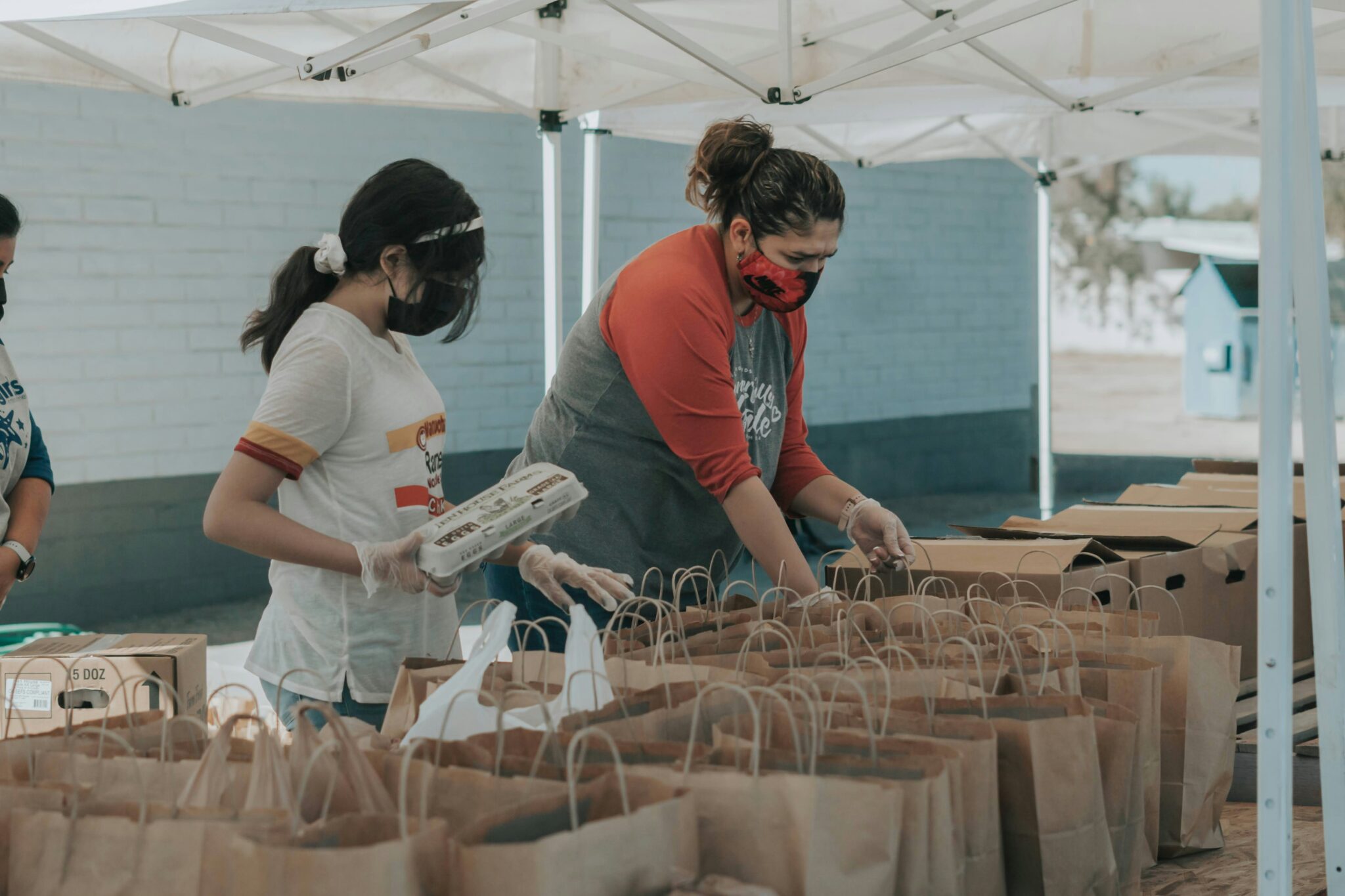Just down the street from my house is the historic home and office of the first female physician in the state of Georgia, Leila Denmark. She’s a little famous around here, not only for the great accomplishment of becoming a doctor in a time when women didn’t do that, but also because of the many lives she impacted and how long she lived.
Denmark retired after practicing medicine for 73 years and then volunteered her services until she couldn’t anymore. She died in 2012 at the age of 114.
I met Denmark once, by phone. A friend told me to call her when my pediatrician couldn’t figure out what was wrong with my baby. I was shocked when this famous physician answered the phone on the first ring and then talked with me for more than 30 minutes. She told me how to test for what was wrong and what to tell my doctor. My baby got the medicine she needed and was better about 10 days later.
She never charged me.
“You keep on doing what you do best as long as you can,” she was famous for saying. And it turns out her advice about actively helping others was as good as her medical wisdom.
Over the years, a massive body of research has accumulated in the study of volunteering. And it demonstrates the benefits of giving your time to help others. For people over 50, some of the benefits are astonishing. Here are five reasons volunteering is good for you.
1. Longer life
Obviously, we can’t all live as long as Dr. Denmark. But recent research shows that those who volunteer get a longevity boost akin to the effects of adding multiple rounds of fruits and veggies to your diet every day. Specifically, older adults who volunteer are at 24 percent less risk of early death.
The positive impact on older people of giving and volunteering goes beyond that. According to a 2017 research study, adults over 55 who give their time for others have an easier time with everyday tasks, and volunteers experience 2.5 percent less cognitive decline leading to dementia.
2. Better cognition and general mental health
Volunteering has also been shown to improve memory and help with executive function – the mental skills that make-up our active memory, provide for flexible thinking and set the stage for self-control – all skills we require every day.
Such skills may help slow or prevent the onset of dementia. They lead to a strong sense of self-control, self-confidence, and connectedness which can help to stave off depression.
Finally, another report found that Americans who volunteer 100 hours or more a year are some of the healthiest people in the country.
3. Overall better health
Volunteers show increased strength, tend to walk more, and experience all of the benefits of that higher level of activity – including healthy blood pressure, lower risk of heart disease and less chronic pain.
Recently, researchers explored that last factor. It seems that those who volunteer not only experience less chronic pain, but they have a greater tolerance for pain, in general. The study connected three factors: pain, depression, and life purpose. Of the 200 women they studied (aged 50 and up), those who volunteered were almost 10 percent more likely to have a strong sense of purpose, be less depressed and experience less pain.
4. Better social relationships
Volunteering increases socialization, decreases loneliness, builds self-esteem, and opens us up to awareness of how other people live. Volunteering can help us see the world from a broader perspective. It’s good for strengthening work teams, and a 2016 study from the Leukemia and Lymphoma Society shows that 80 percent of people who had volunteered in the last year would be more likely to date someone they’d met through volunteering.
And families who volunteer together benefit too. One of the most amazing findings in a study by the Center on Urban Policy at Indiana University was that families who volunteer together find it easier to have conversations with members of their family, especially about their values.
5. Life satisfaction
According to a new study in the Journal of Happiness, people who volunteer not only feel stronger and mentally and physically healthier. They also report higher levels of happiness and life satisfaction.
The study took it a second step and followed people who began volunteering – monitoring their responses from the time they started volunteering. The longer they volunteered and the more they volunteered, the greater the level of happiness they reported.
You may already be volunteering your time. But if you’re not, consider the charities you support. Think about the skills you might be able to offer them, and consider involving friends and family. You are likely to be glad you did.
Article by Jill Foley Turner | NCFGiving. com

